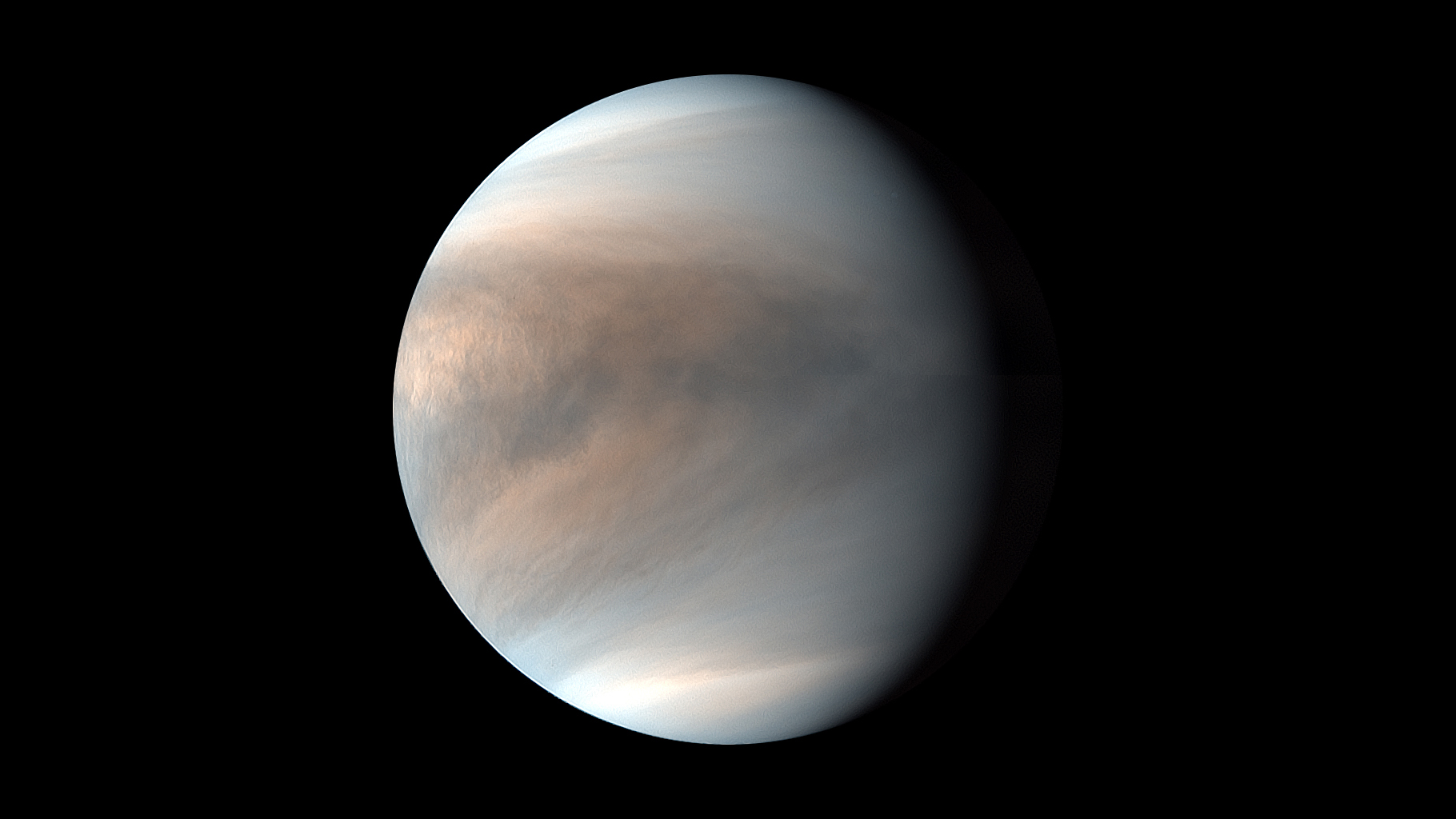PERSONAL
1,393
Life on Venus??
5 years ago - Edited 5 years ago
As you've probably already seen, phosphine - a molecule only known to be produced by life - has been detected in the atmosphere of Venus. Could we be very close now to finally discovering that life on Earth isn't unique??
![]()
I found out on the day of the initial announcement from a Reddit thread, which hadn't got much attention, and to which the lovely Reddit types were replying mostly with "I'm too clever to fall for this crap!" incredulity (because being fooled and looking stupid is something to be avoided at all costs for some people). Personally I like to see the wonder and possibility and ~magic in the universe~ and all that, so I tweeted about it... though I wondered based on those Redditors' comments whether I'd just fallen for some dubious fluff story that'd amount to nothing and embarrassed myself.
Looks like it's actually serious though, and a ton of news sources have been reporting about it. I've looked into it a bit, and watched a few videos by space-related youtube channels that seem excited about it.
Here's an interesting one:
Purely because it's titled
This Unusual Gas Phosphine Is a Definite Sign of Alien Life, and, notably, it was released in January, so it wasn't a response to this new discovery. Interesting!
Here's another, which is also months old and talks about various oddities on Venus suggestive of life:
Apparently, phosphine is found in gas giants and is understood to be produced by abiotic means on those, but the pressure isn't nearly enough on Venus for it to produce it in the same way - or... something - so there's no way to explain its presence on Venus other than as a product of life, especially in the volume it's been discovered. There are also visible
things in the clouds which are apparently absorbing UV light and which have previously gone unexplained.
Spacecraft have been sent to Venus before and weren't exactly swarmed by Venusian bats or anything, but I suppose if the life was microscopic and they weren't built to detect it, they could have flown right through clouds of it without noticing.
Hopefully this will spark interest in sending an explorer there specifically looking for life - sounds like a few people are already quite interested - though it's a shame thinking how many
years it's likely to be before anything comes of that... It's all so slow! Even slower than waiting for games to finish being made! How frustrating!!
![]()
What are your thoughts about this? Do you think it could be an answer to 'are we alone?' at long last? How do you think the world - or your perceptions of it - would change if it was?
Personally I'd be excited by the discovery of extraterrestrial life, though if it's just microbes, it does feel a bit deflating. It'd be very interesting to see whether they shared biochemistry with us, or whether they were something entirely different. Just knowing that life is
right next door would say a lot about how abundant it probably is.
(One of the videos I saw talked about how the James Webb telescope, which is - or at least was? - set to be released next year, will be able to detect phosphine on planets within several lightyears of Earth. It'll be interesting if that reveals it's more common than not!)
It could be though that life on Venus and Earth are related, and since they're neighbours, it doesn't seem too unlikely. Perhaps life started there and was seeded here, or even vice versa. Venus used to have fairly Earth-like conditions once, apparently.
Wouldn't it be interesting if intelligent life evolved there, and the hellscape we see now is the result of their self-annihilation?? Surely the very real UFOs - or UAPs or whatever they're calling them now - are the last remaining Venusians, and that explains why they can get here without travelling for an eternity across the cosmos. SURELY THIS IS IT!!!
(I doubt it, but I find it entertaining to speculate!)






12